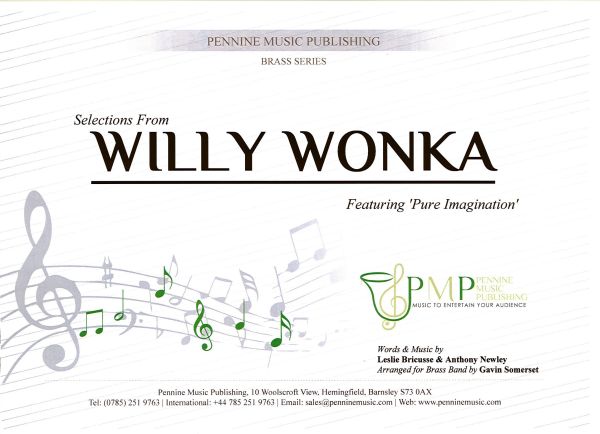We've found 472 matches for your search. Order by
Results
-
 £25.50
£25.50Willy Wonka (Selections from)
Estimated dispatch 7-14 working days
-
£25.00
-
£25.00
-
£25.00
Entrance To Polymnie - Jean-Philippe Rameau - Thierry Caens
Estimated dispatch 7-14 working days
-
£25.00
-
£25.00
Funeral March Of A Marionette - Charles Gounod - Thierry Caens
Marche funebre d'une marionnette / Trauermarsch einer Marionette
Estimated dispatch 7-14 working days
-
£25.00
Le Carousel de Monseigneur le Roi - Jean-Baptiste Lully - Thierry Caens
Estimated dispatch 7-14 working days
-
£25.00
-
£25.00
Song Without Words - Felix Mendelssohn - Thierry Caens
Estimated dispatch 7-14 working days
-
£25.00
The Echoing Horn / Rule Britannia - Thomas Arne - Thierry Caens
Estimated dispatch 7-14 working days
